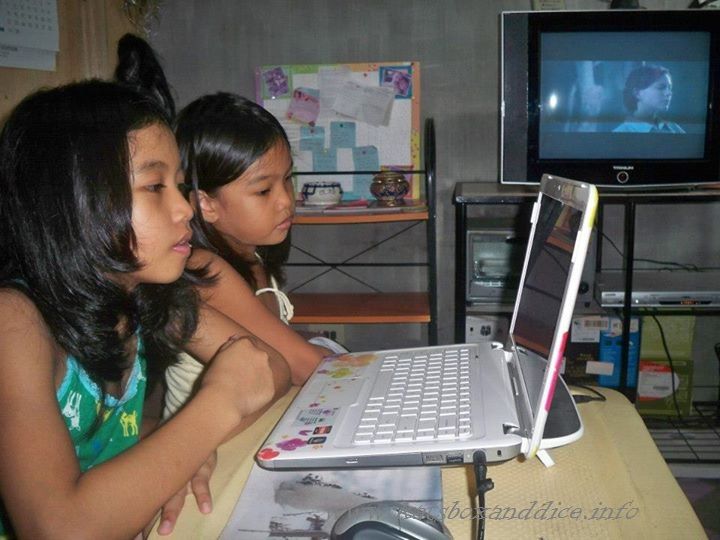Fans of today's advancements may argue that there is no validity in the parental fear of losing a child to "technological play." They will argue that computers are good for children, that today's kids have access to resources that their parents never dreamed of, and that the click of mouse can put the children in touch with an infinite amount of information. Taken in their "ideal" circumstances, these points are virtually inarguable. Taken in actually, however, these points are questionable.
 The Allure of Computer Games
The Allure of Computer Games
Believe that you will, but the truth is that children do not always research giraffes and astronauts or
exceptional Sony studio headphones at musicians friend. Most computers are equipped with games and many children can, and will, spend an entire day playing them. Without a 24-hour monitoring process, even the most well-meaning parent who demands computer study time could be replacing television with an equally damaging surrogate.
Pornography on the Internet
Unfortunately, some of the resources to which children have access are unsuitable. Although blocks can be put on most online pornography, it is virtually impossible for parents to censor all inappropriate material. Not to mention that your child's friend down the street may still have access.
Lack of Interaction
Much of today's technological play lacks many of the qualities of real play. A child who participates exclusively in technological play is being deprived of natural interaction.
Emotionally, children need time with friends. This definition of "friends" does not include on-line correspondence with strangers, but rather refers to the physical presence of others with whom children learn to interact, share and react. Play is an important part of becoming human. It is through pl;ay that children learn valuable lessons that they carry on to adulthood. A child who sits at a computer all day or lock herself in her room to play Gameboy is probably not experiencing the peer contact essential for emotional growth.
Physically, children need exercise. A child who spends the majority of his or her waking hours at the computer is probably not receiving the benefits of "old-fashioned" play. There is no running, no jumping, no appreciation of "real" nature. Range of motion at the computer is limited to hand-eye coordination.
Last but not the least, children need mental stimulation. This is not to say that technological play is not mentally challenging. On the contrary, chess against a computer is perhaps one of the most mentally challenging activities with which a child can be involved. However, problem-solving and competition are perhaps both most effective when applied to real life as learned through real life interactions. Not to mention, that in an age where computers are dealing out three dimensional demons and weapons of mass destruction, a child's imagination is sometimes limited to the creative capabilities of the software designer.
Changing the Patterns
So what are the parents to do to limit technological play? Here are some suggestions:
- Limit computer time
- Encourage outside play
- Let friends stay over
- Travel
- Become a cheerleader
- Take an interest in your child's activities
- Put a block on adult material
- Make family time a priority
- Have fun together
- Talk to your kids



0 comments:
Post a Comment